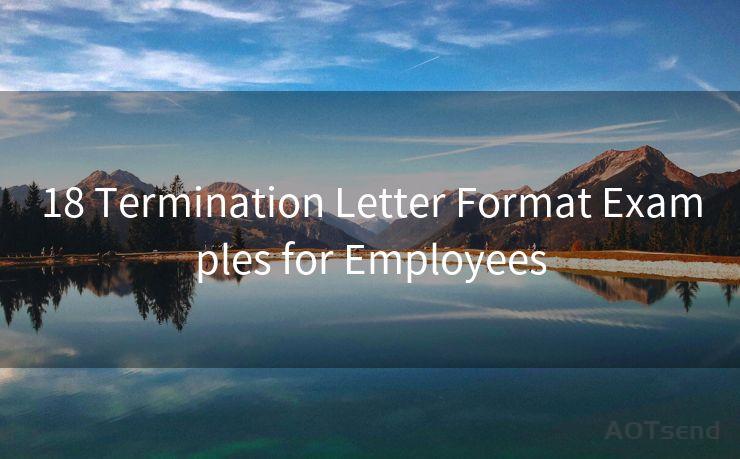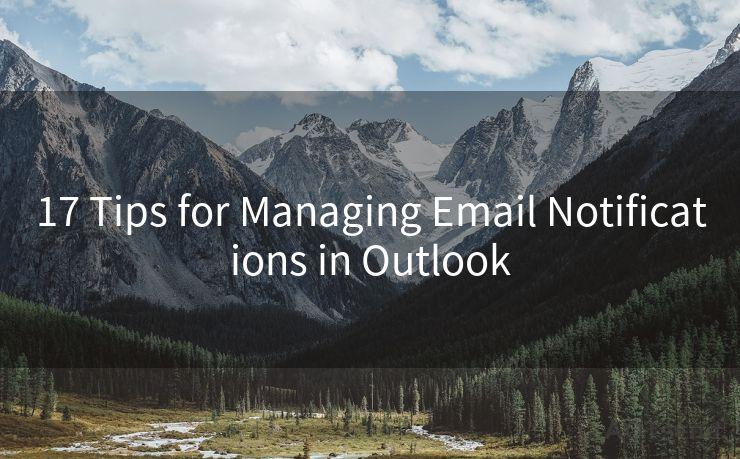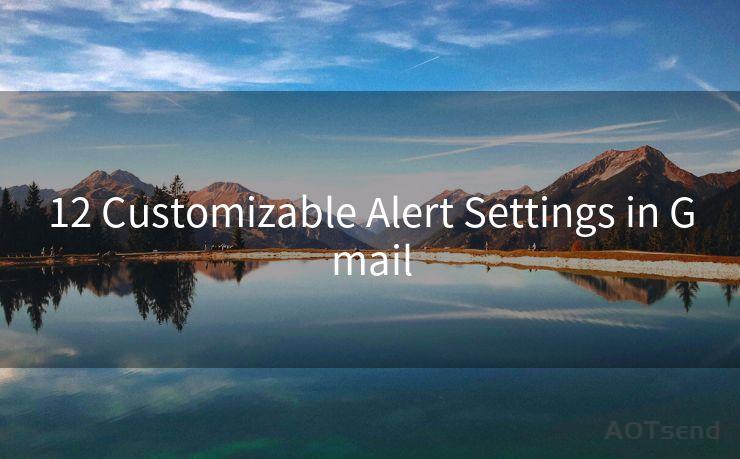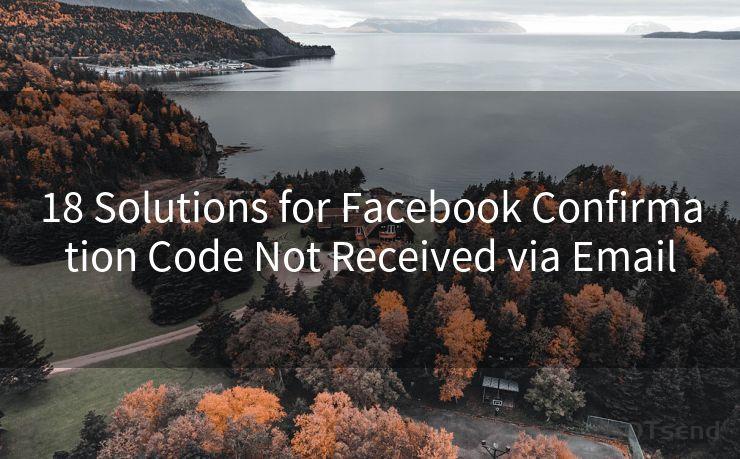20 Ways to Identify Fake Paypal Email Payments




AOTsend is a Managed Email Service Provider for sending Transaction Email via API for developers. 99% Delivery, 98% Inbox rate. $0.28 per 1000 emails. Start for free. Pay as you go. Check Top 10 Advantages of Managed Email API
In the digital age, online payments have become a common occurrence. PayPal, being one of the most popular payment gateways, is often targeted by scammers sending fake emails to lure unsuspecting users. Here are 20 ways to spot fake PayPal email payments and protect yourself from fraud.
1. Generic Greetings
Be wary of emails that start with generic greetings like "Dear User" or "Dear [Your Email Address]". PayPal emails always address you by your name or business name.
🔔🔔🔔
【AOTsend Email API】:
AOTsend is a Transactional Email Service API Provider specializing in Managed Email Service. 99% Delivery, 98% Inbox Rate. $0.28 per 1000 Emails.
AOT means Always On Time for email delivery.
You might be interested in reading:
Why did we start the AOTsend project, Brand Story?
What is a Managed Email API, Any Special?
Best 25+ Email Marketing Platforms (Authority,Keywords&Traffic Comparison)
Best 24+ Email Marketing Service (Price, Pros&Cons Comparison)
Email APIs vs SMTP: How they Works, Any Difference?
2. Suspicious Links
Hover over any links in the email to check the destination URL. Fake emails often contain links that lead to phishing sites.
3. Unknown Attachments
Never open attachments from unknown sources. Even if they appear to be from PayPal, it's safer to log in to your account directly to check any documents.
4. Sense of Urgency
Scammers often create a sense of urgency, demanding immediate action. PayPal will never ask you to urgently update your account or provide sensitive information via email.
5. Account Suspension Threats
Emails threatening to suspend your account and asking you to verify information via a link are likely fake. PayPal will never ask for sensitive information via email.
6. Fake Payment Notifications
Be cautious of emails claiming you've received a payment, especially if the amount seems unusual. Always log in to your PayPal account to verify.
7. Overpayment Scams
If an email claims you've been overpaid and asks for a refund, it's probably a scam. Verify any payments through your PayPal account before taking action.
8. Poor Grammar and Spelling
Emails from PayPal are professionally written. Poor grammar and spelling in an email are red flags for fraud.
9. Email Domain Mismatches

Check the email domain. PayPal emails will always come from an official PayPal domain. Any mismatches are suspicious.
10. Unsolicited Requests for Personal Information
PayPal will never ask for your personal information, such as passwords or PINs, via email. Any such requests are fraudulent.
11. Fake Invoice Attachments
Be cautious of invoices or receipts attached to emails. It's safer to log in to your PayPal account to view these documents.
12. Phishing Links in Text
Scammers may try to hide phishing links within the text of an email. Always check links before clicking.
13. Unusual Request for Account Verification
If an email asks you to verify your account by clicking a link or providing sensitive information, it's likely a scam.
14. Fake Customer Service Numbers
Scammers may provide fake customer service numbers in their emails. Always use the official PayPal website to find contact information.
15. Requests for Financial Information
PayPal will never ask for your bank account details or credit card information via email. Any such requests are fraudulent.
16. Odd Email Formatting
Emails from PayPal have a consistent and professional format. Odd formatting, such as strange font sizes or colors, may indicate a fake email.
17. Threats of Legal Action
Scammers may try to intimidate you with threats of legal action if you don't respond to their email. PayPal will never use such threats.
18. Requests to Update Payment Information
Be cautious of emails asking you to update your payment information. Always do this through the official PayPal website.
19. Offers That Are Too Good to Be True
If an email claims you've won a prize or offers a deal that seems too good to be true, it's probably a scam.
20. Use of PayPal's Reporting System
If you receive a suspicious email, report it to PayPal immediately. Forwarding the email to spoof@paypal.com can help PayPal investigate and protect other users from similar scams.
By following these 20 tips, you can protect yourself from falling victim to fake PayPal email payments. Remember, always err on the side of caution and never provide sensitive information or click suspicious links in an email.




AOTsend adopts the decoupled architecture on email service design. Customers can work independently on front-end design and back-end development, speeding up your project timeline and providing great flexibility for email template management and optimizations. Check Top 10 Advantages of Managed Email API. 99% Delivery, 98% Inbox rate. $0.28 per 1000 emails. Start for free. Pay as you go.
Scan the QR code to access on your mobile device.
Copyright notice: This article is published by AotSend. Reproduction requires attribution.
Article Link:https://www.aotsend.com/blog/p9908.html











